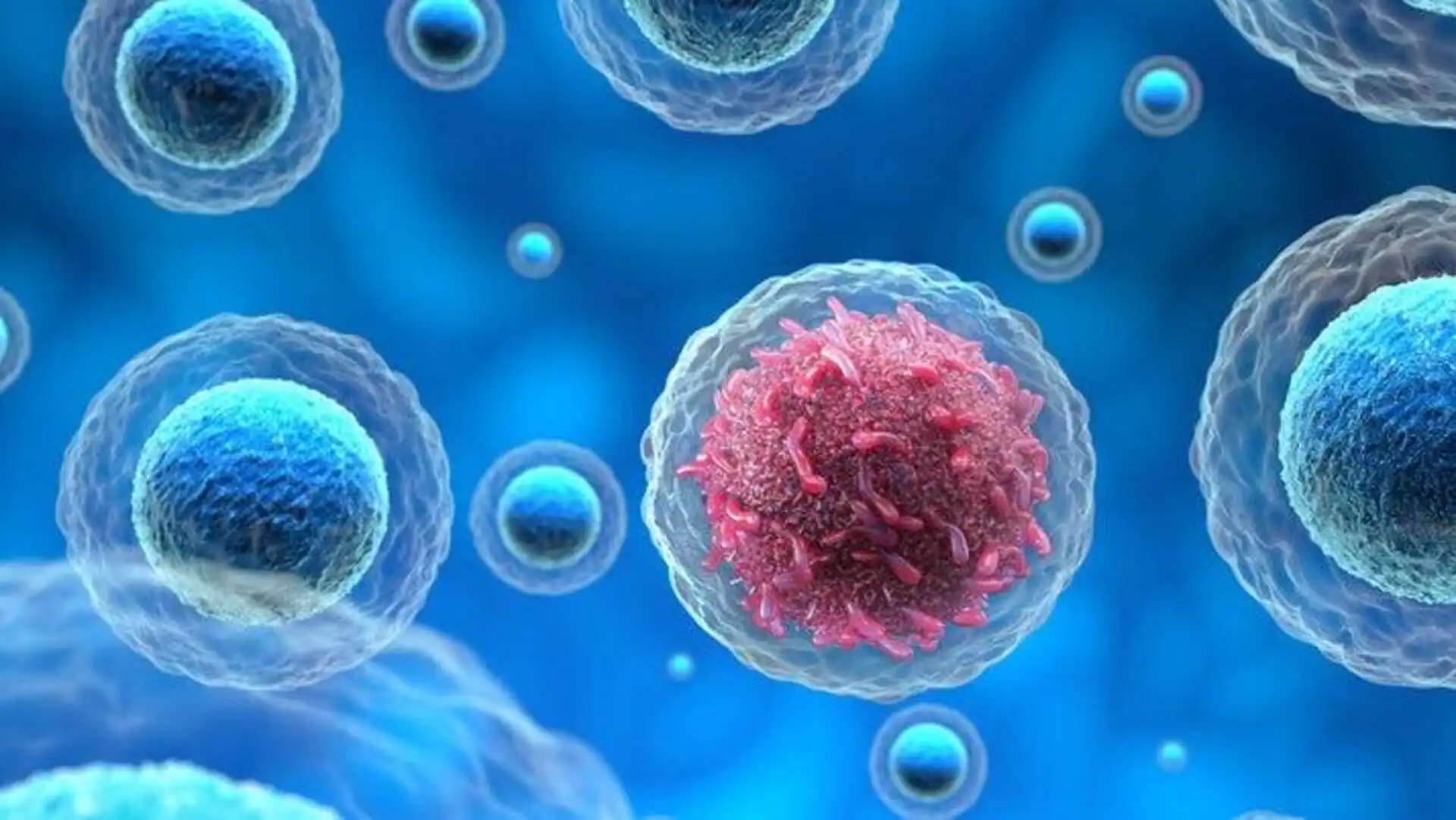A recent study conducted by Guy’s and St Thomas’ and King’s College London has discovered that a type of mouth bacteria may have the ability to kill cancer cells in the head and neck.
Published in Cancer Communications, the study highlights a promising development in the fight against head and neck squamous cell carcinoma (HNSCC), a prevalent and aggressive cancer with limited recent treatment advancements.
Researchers have identified that fusobacterium, a bacterium known for exacerbating bowel cancer, can actually halt the progression of head and neck cancers. According to the research, fusobacterium has a dual role in cancer: it worsens cancers in the bowel but can effectively destroy head and neck cancer cells.
Dr. Miguel Reis Ferreira, senior author of the study, emphasized the complexity of this bacteria’s role. “This research reveals that these bacteria play a more complex role than previously known in their relationship with cancer – that they essentially melt head and neck cancer cells. However, this finding should be balanced by their known role in worsening cancers like those in the bowel,” he stated.
The study, led by Dr. Ferreira and an international team, analyzed data from 155 head and neck cancer patients. Patients with higher levels of fusobacterium showed consistently better outcomes compared to those with lower levels. Their survival rates increased by 65%, as reported by The Guardian.
In laboratory tests, fusobacterium was found to destroy 70-90% of cancer cells within a few days by releasing toxic molecules. “In essence, we found that when you find these bacteria within head and neck cancers, they have much better outcomes. The other thing that we found is that in cell cultures this bacterium is capable of killing cancer,” Dr. Ferreira noted.
The unexpected discovery contrasts with the bacterium’s known role in supporting cancer growth in the bowel, suggesting a potential breakthrough in treatment for head and neck cancers.
As the research progresses, scientists plan to explore how these findings might impact patient outcomes and investigate other bacteria with similar effects. Dr. Anjali Chander, senior clinical research fellow at King’s College London and lead author, described the findings as “remarkable and very surprising,” noting that validation from international colleagues was a significant moment of discovery.
Barbara Kasumu, Executive Director of Guy’s Cancer Charity, expressed pride in supporting the research, highlighting its potential to advance the understanding and treatment of head and neck cancer.
The study’s findings have been recently published in Cancer Communications.



